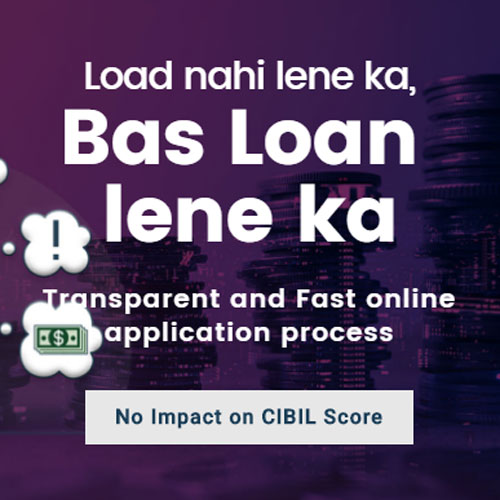Section 44AD of the Income Tax Act offers respite to small business holders, through the Presumptive Taxation Scheme. The main benefit of the scheme is that an assessee falling under Section 44AD does not have to maintain records of transactions and accounts or undergo audit of accounts.
Eligibility Criteria to get Benefits under Section 44AD
The following kind of assessees can take advantage of Section 44AD of the Income Tax Act:
- Individual
- Hindu Undivided Family
- Partnership Firm (not Limited Liability Partnership Firm)
- Persons/Firms whose turnover or gross receipts in the previous year are not more than Rs. 1 crore
- Persons/Firms who have not claimed deduction under sections 10A, 10AA, 10B, 10BA or under sections 80HH to 80RRB during an assessment year
- Persons/Firms involved in any business except plying, hiring or leasing goods carriages
- Persons/firms engaged in professional services
Presumptive Taxation Scheme:
Earlier, persons/firms engaged in professions in legal, medical, engineering, architectural or accountancy profession, technical consultancy, interior decoration, agency business, commission or brokerage-earning businesses, or any other profession notified by the Board in the Official Gazette, were not allowed to be part of the Presumptive Taxation Scheme. However, from the fiscal year 2016-17, under Section 44ADA, professionals whose total gross receipts are less than Rs. 50 lakh in a fiscal year can also avail the benefits of Presumptive Taxation Scheme.
For those who meet the above criteria and want to utilise the features of Section 44AD and the Presumptive Taxation Scheme, the income will be based on an estimation. So under this section, 8% of the turnover or gross receipts of the business for the previous year will be considered as income or profits of the person. For professionals, 50% of their total gross receipts will be considered as income.
Additionally, person/firm availing the benefits of Section 44AD does not need to pay advance tax.
However, if you are taking advantage of Section 44AD, you cannot avail any tax deductions or exemptions under Sections 30 to 38 – for depreciation or unabsorbed depreciation, for example. Similarly, you cannot claim any disallowance under sections 40, 40A and 43B. If the assessee is a partnership firm, they are allowed to claim deduction of remuneration and interest paid to its partners as per the limits set under section 40(b).
Even though you cannot claim any tax deduction on depreciation, when calculating the written down value (WDV) – the net book value of an asset that shows the net worth of the asset after factoring in the value depreciation – of an asset under the Presumptive Taxation Scheme, the depreciated value will be deducted from the value of the asset.
While calculating the turnover of the business, the following items will be included:
- Value Added Tax
- Excise Duty
- Cess and other levies
- Sales of unusable empties and supplies
- Service Charges on delivery
The following items, on the other hand, are not included while estimating the business turnover:
- Advance or deposits received by the business
- Consideration received on sale of fixed assets
- Cash or other discounts
Declaring Lower or Higher Income:
If the actual income of a person/firm is lower or higher than the income considered under the Presumptive Taxation Scheme (that is, less or more than 8%), then you can declare the income as being lower or higher. However, if the person/firm is declaring a lower income, and the declared income is more than the maximum amount exempt from tax (Rs. 2 lakh), then they will have to maintain books of account as per section 44AA and submit them to audit under section 44AB.





